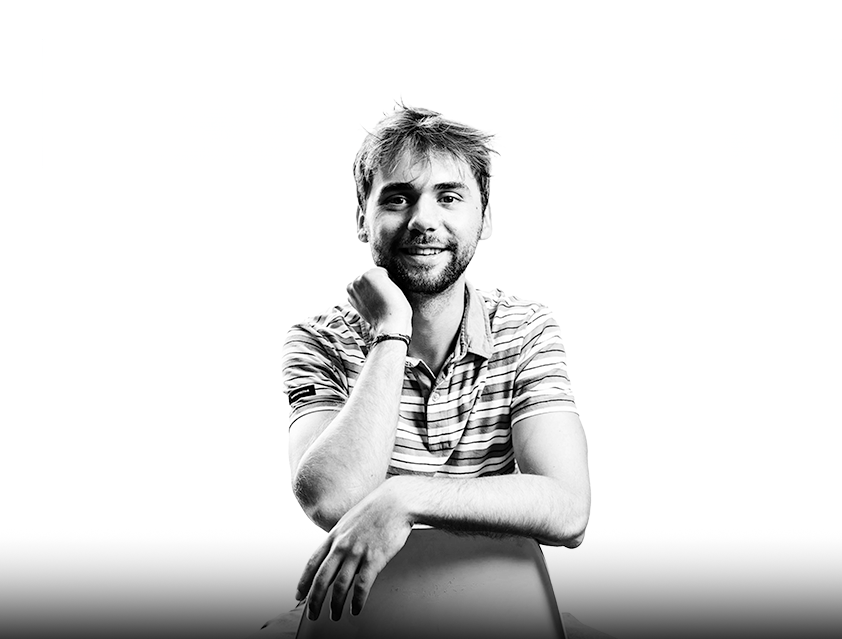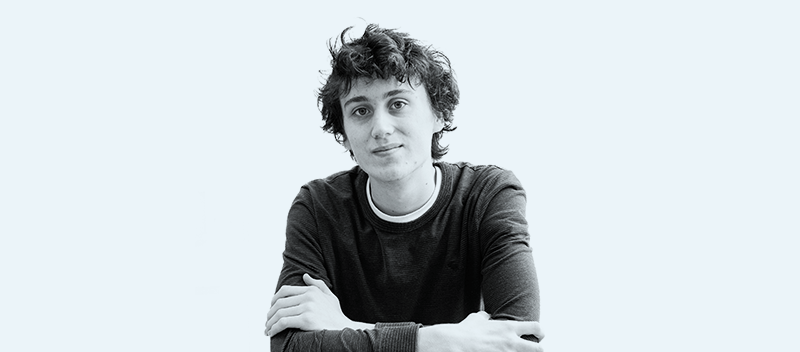I attended a Studium Generale lecture on Wageningen student life during the Second World War a few days ago. The lecture was held in Hotel de Wereld, where the Nazi occupiers surrendered on 5 May 1945.
I listened to a description of the situation in Wageningen during this war. The Grote Kerk on the market square, for example, was destroyed twice. The first time, at the hand of the Dutch themselves, who wanted to prevent German soldiers from using it as a lookout. The church was rebuilt during the war, only to be blown up by the Germans in April 1945. This time, it was to prevent the allied forces from using the tower.
There was also the story of a group of Wageningen students who were forced to work for the occupying forces. Several student protests and altercations that occurred during the war prompted the German occupation to demand every student sign a ‘declaration of allegiance’ to declare themselves loyal to the German empire and its laws. Refusal to sign barred students from attending lectures. Moreover, these students were required to report for Arbeitseinsatz, or forced labour. We were told about students who refused to sign and who were deployed to different locations in Germany, where they were forced to perform tough, mind-numbing or dangerous tasks. One such task was decommissioning ammunition that had failed to detonate so that the explosives could be reused in German bombs.
Are vegan boots available? Is there compensation for the fighter jets’ carbon emissions?
In view of the increasing global tensions, I wondered how we would respond in this day and age. What would Wageningen students do? Given the stereotypical image of our generation that suffers a burnout after attending two lectures, there is cause for concern: ‘Are vegan boots available? Is there compensation for the fighter jets’ carbon emissions? You guys don’t partner with Shell, do you? And, oh, I cannot serve more than part-time at the front.’ Would these be the kind of reactions we might expect?
The students of the Second World War also saw a long period of peace in the Netherlands when, suddenly, the world around them changed, and they experienced five dark years. In this respect, we should be grateful that we can concern ourselves with issues such as cutting ties with Shell. It shows that there is no immediate threat yet.
Resource-student editor Maurice Schoo (24) is a second-year master’s student of Development & Rural Innovation. He likes to cook, and he paints when he has the time.




